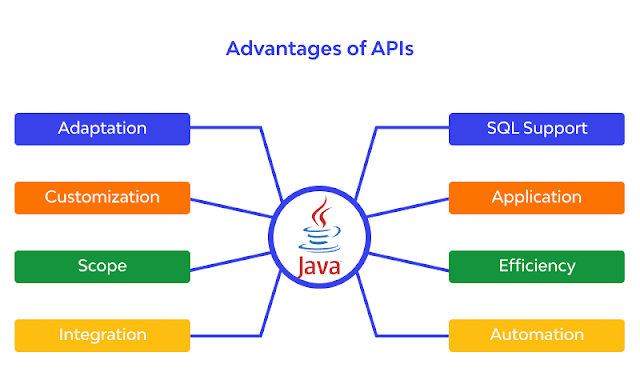Java is a high-level, versatile, and object-oriented programming language that has been a cornerstone of software development since its introduction in 1995.
Developed by James Gosling and his team at Sun Microsystems (now owned by Oracle Corporation), Java was designed to be platform-independent and to address the challenges of building software for a wide variety of devices and operating systems.
Key Features of Java
1. Platform Independence (Write Once, Run Anywhere - WORA)
One of Java's most significant advantages is its platform independence. Java source code is compiled into an intermediate form known as bytecode, which is executed by the Java Virtual Machine (JVM) on any platform. This "Write Once, Run Anywhere" (WORA) capability allows Java programs to run seamlessly on different devices and operating systems without modification.
2. Object-Oriented Programming (OOP)
Java is a fully object-oriented programming language, emphasizing the use of objects to represent data and behavior. The OOP principles, such as encapsulation, inheritance, polymorphism, and abstraction, make it easier to design, maintain, and scale applications.
3. Rich Standard Library (API)
Java provides an extensive collection of class libraries, known as the Java API, that cover a wide range of functionalities. These libraries save developers time by providing pre-built methods for common tasks like input/output, networking, file handling, and more.
4. Garbage Collection
Java features an automatic garbage collector that manages memory allocation and deallocation. This process frees developers from managing memory manually and helps prevent memory leaks, making Java applications more robust and stable.
5. Multi-threading Support
Java has built-in support for multi-threading, allowing developers to create concurrent and parallel applications easily. Threads enable the execution of multiple tasks simultaneously, enhancing performance and responsiveness in modern software.
6. Security
Java's focus on security is one of the reasons why it is prevalent in enterprise applications and sensitive environments. The Java Security Manager allows administrators to control the actions that Java code can perform, providing a secure runtime environment.
7. Rich Ecosystem and Community
Java boasts a vast and active community of developers, making it easier for beginners to find help, resources, and solutions to their programming challenges. The language's popularity has led to a multitude of open-source libraries, frameworks, and tools to enhance productivity and simplify development tasks.
Java Editions
Over the years, Java has evolved into multiple editions tailored to different use cases:
1. Java Standard Edition (Java SE)
Java SE is the core edition and provides the fundamental tools and APIs for general-purpose application development. It is commonly used for desktop applications, command-line tools, and small to medium-sized applications.
2. Java Enterprise Edition (Java EE)
Java EE (now Jakarta EE) is an extension of Java SE designed for developing enterprise-level applications. It includes additional APIs and specifications for building large-scale, distributed, and robust enterprise applications.
3. Java Micro Edition (Java ME)
Java ME targets resource-constrained devices like mobile phones, embedded systems, and other small devices. While less commonly used in recent years, it was prevalent in the early days of mobile app development.
Java Frameworks and Tools
Java's popularity has led to the creation of numerous frameworks and tools that simplify development and promote best practices. Some of the popular frameworks include:
1. Spring Framework
Spring is an open-source framework that provides comprehensive support for building enterprise-level Java applications. It simplifies dependency injection, aspect-oriented programming, and facilitates integration with databases, messaging systems, and more.
2. Hibernate
Hibernate is an object-relational mapping (ORM) framework that simplifies database interactions by allowing developers to work with Java objects instead of SQL queries. It abstracts the database layer and provides a powerful and flexible data persistence solution.
3. JavaFX
JavaFX is a rich set of graphical user interface (GUI) components and graphics libraries for building desktop applications with engaging user interfaces. It is a replacement for the older Swing library and allows developers to create visually appealing applications with ease.
Java and Android Development
For many years, Java was the primary programming language for Android app development. However, Kotlin has gained popularity as an alternative, and it is now the preferred language for Android development. Nonetheless, Java's vast ecosystem and existing codebase have ensured its continued relevance in the Android development landscape.
Java Releases and Community
Java continues to evolve with regular releases that bring performance improvements, security updates, and new features. The Java community actively contributes to the language's development, ensuring that it remains up-to-date and relevant in a rapidly changing technology landscape.
















0 Comments